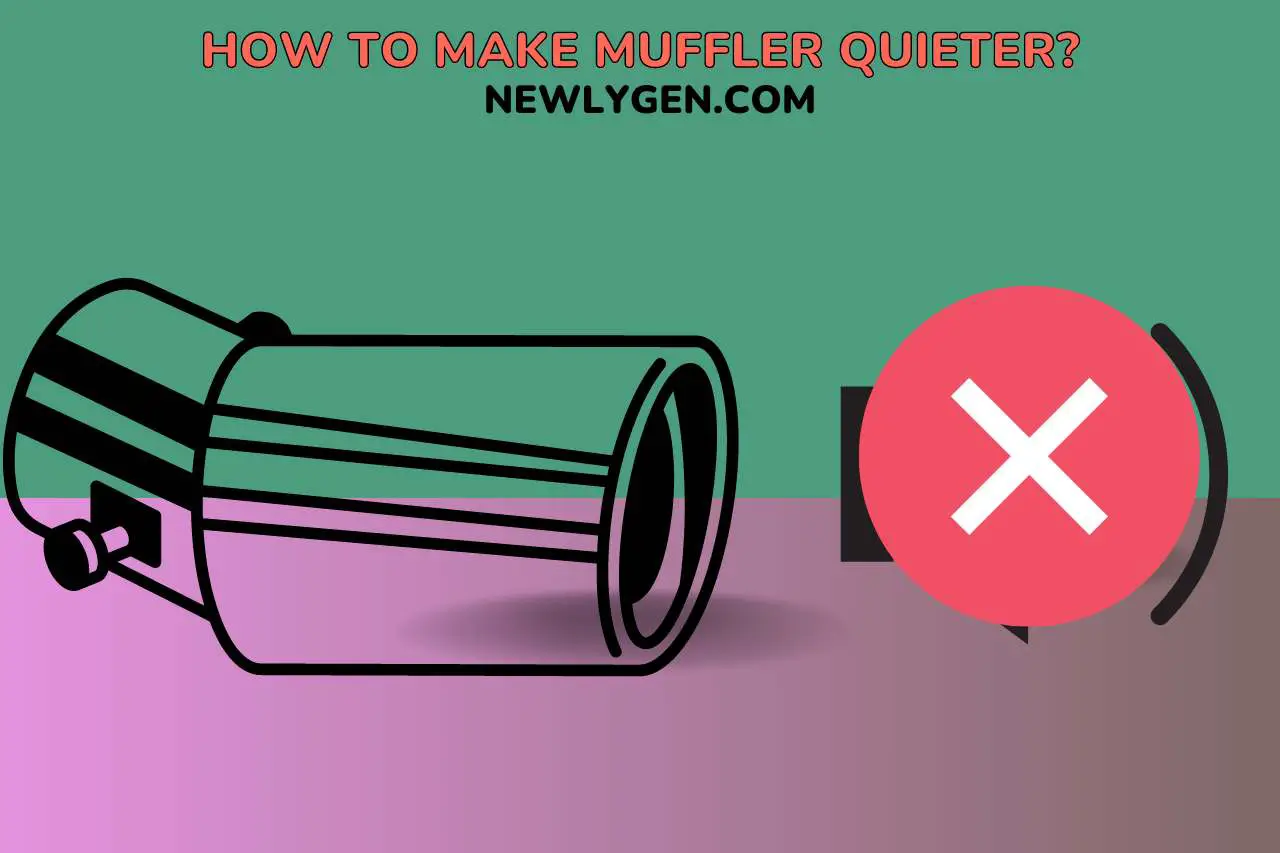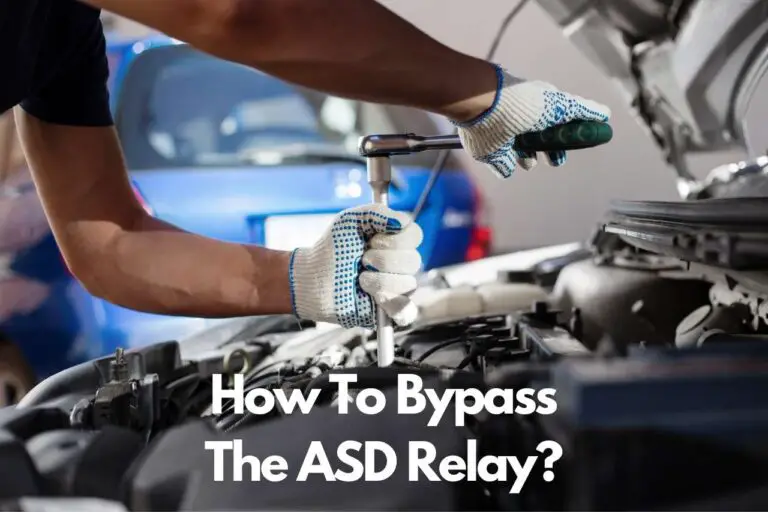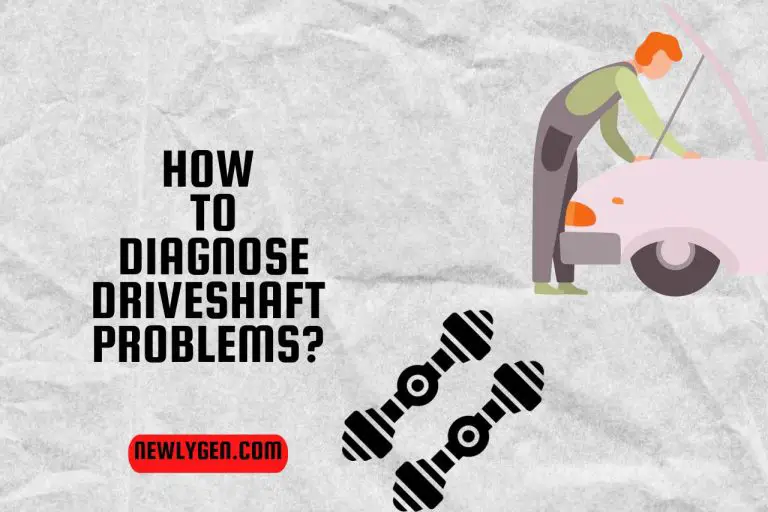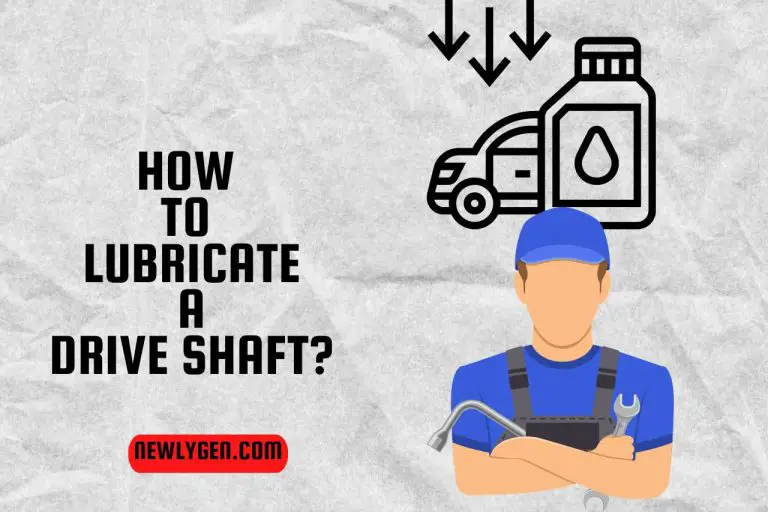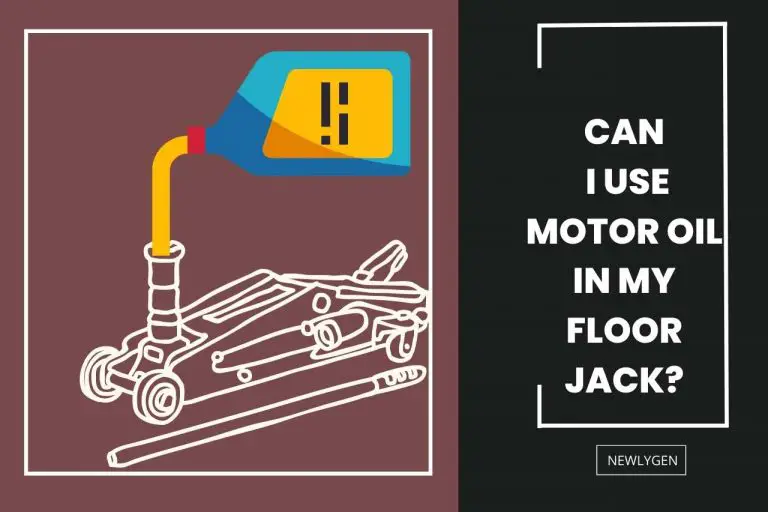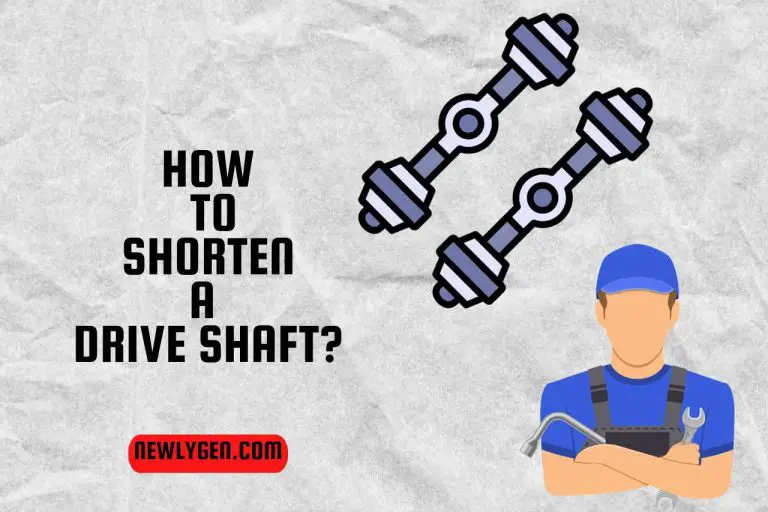How to Make Muffler Quieter? Noise Reduction Tips and Tricks!
One of the largest and most frequent causes of nuisance noise is automobiles. Driving a noisy automobile is not enjoyable, and it might bother people in your neighborhood. How to make muffler quieter?
This post will give you a quick overview of the most common reasons for a loud muffler and the way to find the cause of muffler noise. Learn about muffler silencers and whether altering the muffler’s structure will help reduce noise.
What Are the Common Causes of a Noisy Muffler?
It’s possible to have a combustion chamber leak around the engine’s area if the sound is coming from the front.
A shattered manifold would be a significant issue, but this sort of leak might also be simple to be a loose, flexible pipeline connector or a defective gasket.
This is typically the cheapest repair to do if you notice a leak near the center of the car. An exhaust piping hole tends to be the source of a systems leak.
Another inexpensive remedy is a poor seal, an open connection in the entire system, or a poor seal at the core of the resonator.
A broken link or a poor seal near the muffler’s location could be to blame for leaks in the car’s rear. Driving can cause muffler harm, corrosion, and general wear & tear.
The adjustment of the car’s engine is the cause of any fails or sputters you may be heard emanating from the tailpipe rather than a problem within the exhaust system.
Sputtering, backfiring, as well as skipping are frequent indications that a component inside the engine needs to be serviced or modified. Although it seems like it’s going through the exhaust through the tailpipe, this kind of sound is unrelated to the exhaust system in your vehicle.
How Can I Identify the Source of Muffler Noise?
Excessive loudness or a noticeable shift in the pitch of one’s emissions are likely the two most evident signs that anything is amiss. This can be caused by a corroded muffler, pipe fractures, or a dripping manifold seal.
A harsh, growling noise will come from anywhere, wherever the exhaust pipe has been damaged. A weak exhaust mounting or even a damaged pipe might be the cause of a pounding or knocking noise coming from underneath your automobile.
It’s a clear indication that something is badly wrong if the exhaust system or exhaust pipe is seen to be hanging along the pavement. The issue has to be fixed right now.
Is a Loud Muffler Bad?
The hissing noise of a malfunctioning muffler is undoubtedly the most obvious indication; unexpectedly, your automobile is much louder than usual.
Sadly, the rise in engine noise typically indicates that there is an opening in your muffler or emission system, which necessitates prompt replacement or repairs at a silencer shop.
It’s possible that your muffler has become loose whenever you hear a lot of rattling. You should see a muffler shop right away since this can also be a symptom that your exhaust system is fractured or damaged. A loud muffler’s final cry for help is an increase in engine noise that signals a problem.
Numerous localities have noise rules that regulate how loud exhaust systems can be, including those that are broken. It might not be regarded as unsafe to drive if a noisy muffler is simply loud and not the result of a fault, but you risk being stopped for the noise.
How to Make Muffler Quieter?
Find out the primary cause of the muffler’s loudness before doing anything else.
Close the Leak
To begin with, make sure to use sandpaper to completely remove all the visible corrosion from the tailpipe to ensure the outside is spotless and the gaps can be fixed correctly.
Purchase a New Exhaust
It’s frequently more affordable and simpler to just get a new muffler if there are too many cracks to patch in your present one, for instance.
Once you’ve paid for the fresh muffler, you may either install that personally or have someone else do it.
DIY Soundproofing for Mufflers
Purchase sound-absorbing fabric to cover the muffler as your initial action. Verify the product’s resistance to heat.
Utilize a DIY Silencer
Make-your-own systems for exhaust, including silencers, are popular, especially among DIY fans. If you’re not completely confident with your abilities, you should rely on an expert technician.
Purchase a Silencer
It’s simple to purchase a replacement silencer for your system of exhaust. You just need to insert the muffler into the line of exhaust, and you’re ready to go.
The noise that is produced by your muffler is not completely muffled by these silencers. The quantity of noise that you hear while your automobile is in operation does, however, get significantly reduced by them.
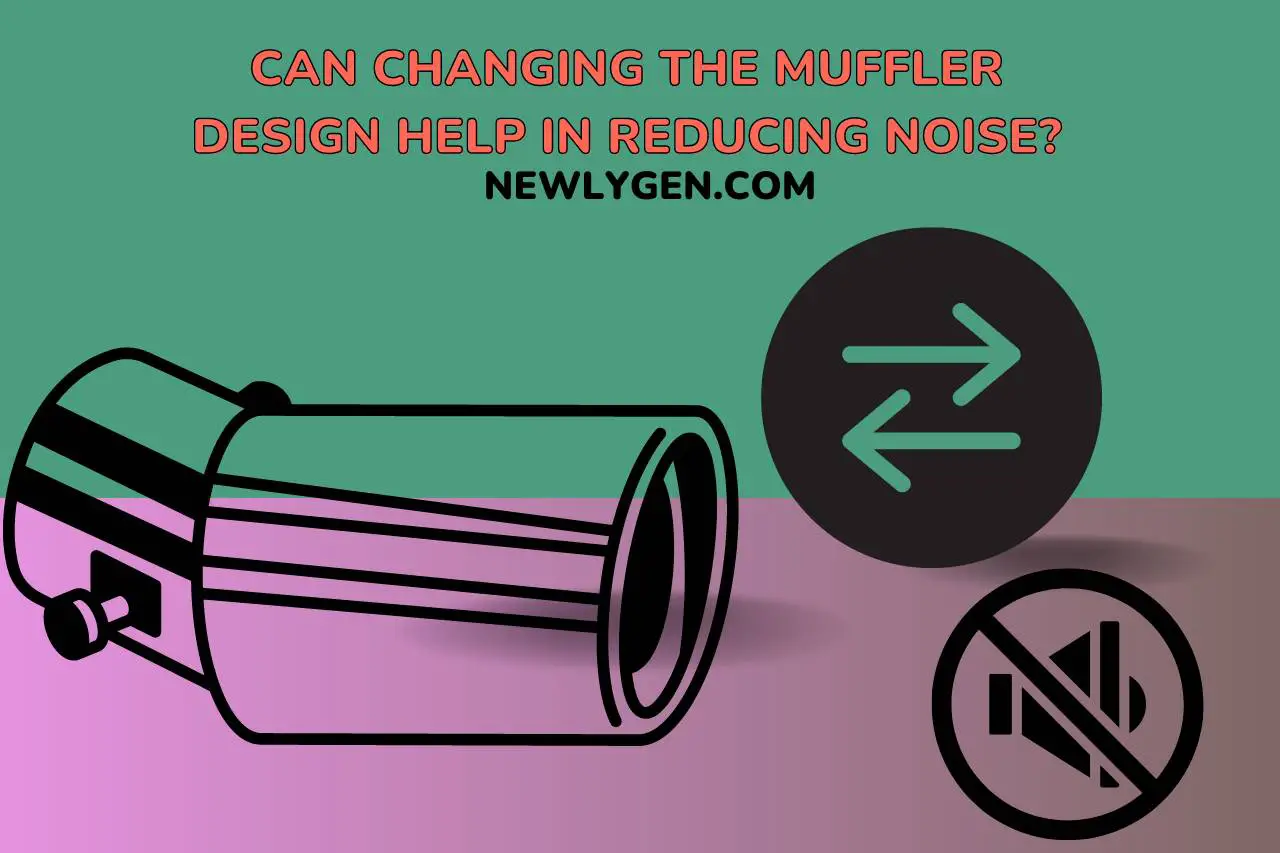


Can Changing the Muffler Design Help in Reducing Noise?
The decrease of heat, as well as the noise, might benefit from adequate research and design.
Motor exhaust pipes are made to produce the least amount of noise and temperature while also emitting the minimum amount of emissions required by environmental rules.
An obnoxious sound called exhaust is produced by high-pressure waves that quickly exit the engine output.
To lessen exhaust noise, a correctly built exhaust silencer is useful. Motion loss is a measurement tool for muffler efficiency. Transfer loss is simply the inability of the sound’s energy to pass through a muffler.
What is Muffler Silencer?
Noise is produced by combustion gas leakage. Silencers are used in exhaust systems to lessen or muffle this noise.
The muffler controls and lessens the exhaust system’s loudness. The last component in the exhaust structure, immediately before the tailpipe, is the muffler. Mufflers have the ability to lessen exhaust vibrations without limiting the passage of gases from the exhaust.
Mineral fiber wool, glass fibers, or other materials of a comparable nature are employed in absorbing silencers.
Additionally, in order to reduce noise to the greatest extent feasible, sounds can be made to travel through a number of ducts that are always lined with insulation that is acoustic.
Watch this one,
Video Credits – Exhaust Addicts
You May Also Like
- How to Clean a Muffler? (Step-by-Step Guide)
- Does a Muffler Delete Affect Gas Mileage? Understanding the Effects!
- Can a Muffler Get Clogged? (Common Causes and Signs)
- How Long Can you Drive Without a Muffler? To Muffle or Not to Muffle!
- Does A Muffler Delete Void Warranty? Let’s Find Out
- How Much does Welding a Muffler? Budgeting for Muffler Welding!

